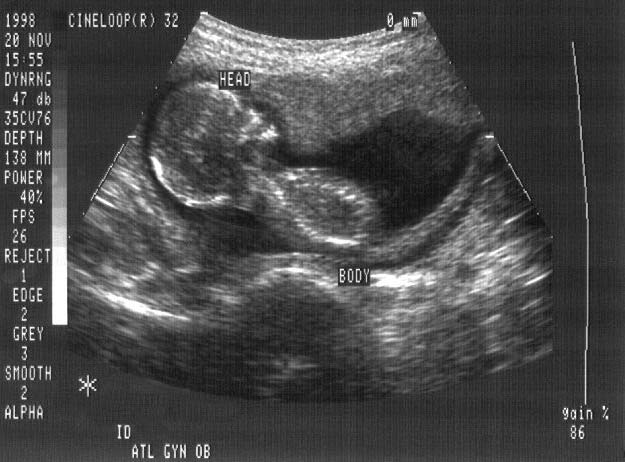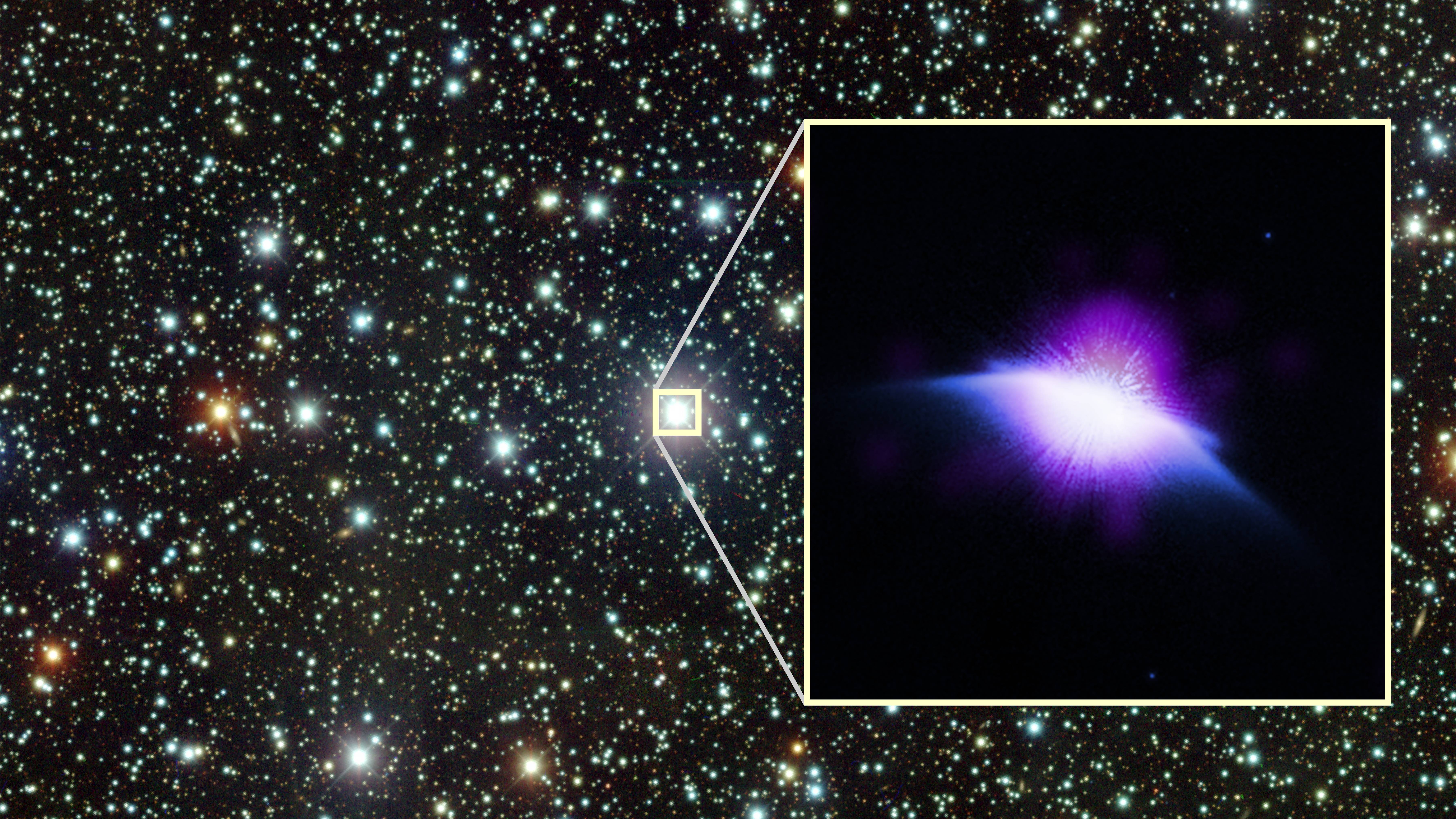Court Sets Broad Definition for 'Parent'

Get the world’s most fascinating discoveries delivered straight to your inbox.
You are now subscribed
Your newsletter sign-up was successful
Want to add more newsletters?
Join the club
Get full access to premium articles, exclusive features and a growing list of member rewards.
NASHVILLE, Tenn. (AP) -- A woman who gave birth to triplets using donated eggs is the legal mother of the children even though she has no genetic link to them, the Tennessee Supreme Court ruled Thursday.
The court's 4-1 ruling upheld decisions by lower courts that awarded parental rights to the birth mother.
Cindy Culpepper and Charles Galiwango were not married when they sought to have a child by in-vitro fertilization using two anonymously donated eggs, which were fertilized with Galiwango's sperm. One of the eggs divided, resulting in triplets.
After the relationship deteriorated, Galiwango challenged the parental rights of his ex-girlfriend, who gave birth to the children in 2001.
The court said it took into consideration the fact that before the children were born, the couple intended Culpepper would be their legal mother.
"Recent developments in reproductive technology have caused a tectonic shift in the realities which underlie our legal conceptions of parenthood,'' the court's opinion said.
The decision could apply a broad definition of a parent in later cases involving nontraditional parents, according to legal scholars.
Get the world’s most fascinating discoveries delivered straight to your inbox.
"In most states, the courts have not looked beyond the biological connections, marriage or adoption in determining the definition of a parent,'' said Susan Brooks, law professor at Vanderbilt University Law School.
"People who support greater rights for nontraditional parents like gay couples would be encouraged by an opinion that would define parent more broadly than simply by marriage, genetics or adoption,'' she said.
 Live Science Plus
Live Science Plus










